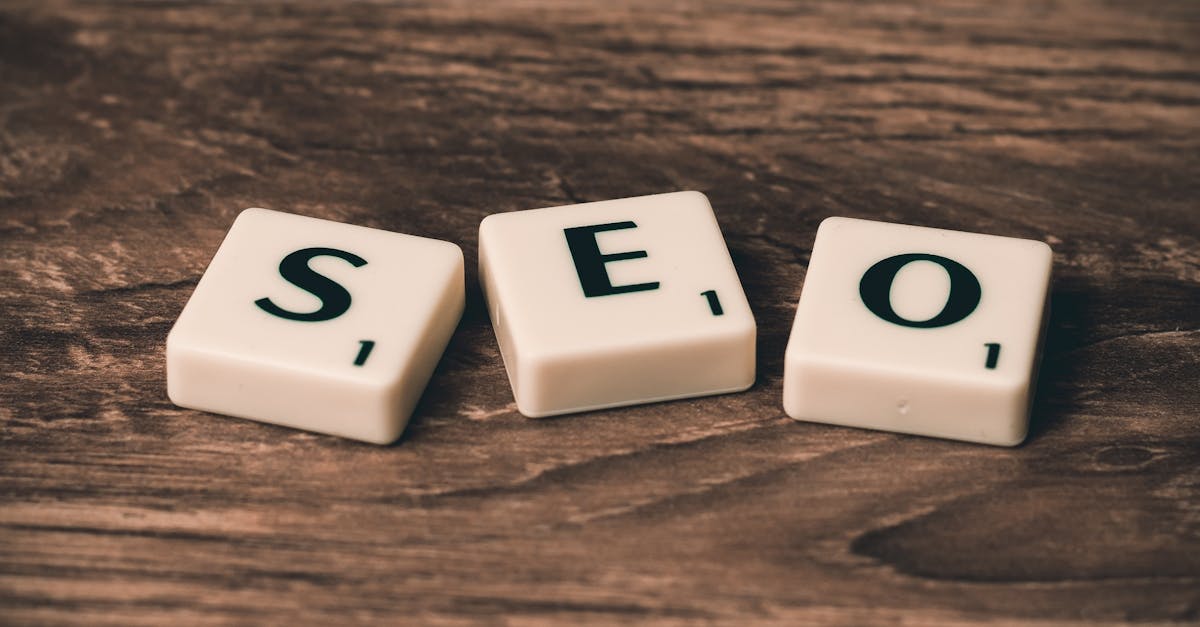Content Marketing vs Advertising

Content marketing and advertising are two popular strategies used by businesses to reach their target audience and promote their products or services. While both have their own merits, understanding the key differences between the two can help you determine which strategy is best suited for your business goals.
What is Content Marketing?
Content marketing is a strategic approach focused on creating and distributing valuable, relevant, and consistent content to attract and retain a clearly defined audience. The goal of content marketing is to drive profitable customer action by providing valuable information that educates, entertains, or inspires the target audience.
Some common forms of content marketing include blog posts, social media posts, videos, infographics, and whitepapers. By creating high-quality content that resonates with your target audience, you can build trust, establish your brand as an authority in your industry, and ultimately drive leads and sales.
What is Advertising?
Advertising, on the other hand, is a paid promotional strategy that involves paying for space or airtime to promote a product, service, or brand. Unlike content marketing, which focuses on providing value through content, advertising is more direct and promotional in nature.
Advertising can take many forms, including display ads, search ads, social media ads, and influencer partnerships. While advertising can help businesses reach a large audience quickly, it can be costly and may not always resonate with consumers in the same way that valuable content does.
Key Differences Between Content Marketing and Advertising
-
Value vs Promotion: The main difference between content marketing and advertising is the focus on providing value versus direct promotion. Content marketing aims to educate, entertain, or inspire the audience, while advertising is more focused on selling a product or service.
-
Cost: Content marketing can be more cost-effective in the long run compared to advertising, as it involves creating and distributing content organically. Advertising, on the other hand, requires a budget to pay for placement and promotion.
-
Longevity: Content marketing has the potential to have a longer-lasting impact on your audience, as high-quality content can continue to drive traffic and engagement over time. Advertising, on the other hand, is often temporary and requires ongoing investment to maintain visibility.
-
Trust and Authority: Content marketing can help build trust and establish your brand as an authority in your industry, as it focuses on providing valuable information to your audience. Advertising, while effective for reaching a large audience quickly, may not always build the same level of trust and credibility.
Choosing the Right Strategy for Your Business
When deciding between content marketing and advertising, it’s important to consider your business goals, target audience, and budget. Content marketing is a great long-term strategy for building brand awareness, establishing trust, and driving organic traffic to your website. However, it requires time and effort to create high-quality content that resonates with your audience.
On the other hand, advertising can be a quick way to reach a large audience and drive immediate results. If you have a specific promotion or campaign that you want to promote, advertising may be the best option. Platforms like Google Ads and Facebook Ads offer powerful advertising tools to help you target your ideal audience and track the performance of your ads.
Ultimately, the best approach may be a combination of both content marketing and advertising. By creating valuable content to attract and engage your audience, and supplementing it with targeted advertising to drive conversions, you can create a comprehensive marketing strategy that delivers results.
In conclusion, both content marketing and advertising have their own strengths and weaknesses. Understanding the key differences between the two can help you determine the best strategy for your business goals. Whether you choose to focus on content marketing, advertising, or a combination of both, the key is to create valuable and engaging content that resonates with your target audience.
Remember, content marketing vs advertising is not a competition, but rather complementary strategies that can work together to help you achieve your marketing objectives. By leveraging the strengths of both approaches, you can create a well-rounded marketing strategy that drives results for your business.
Sharing is caring!